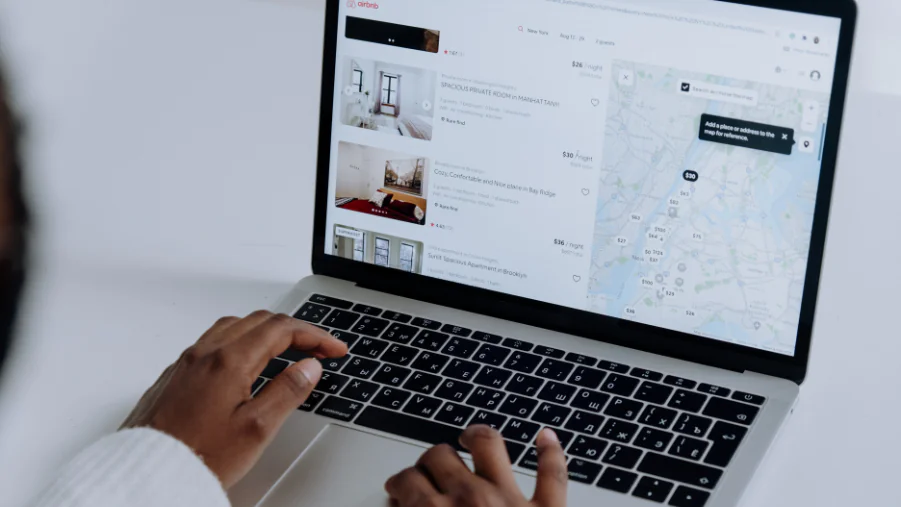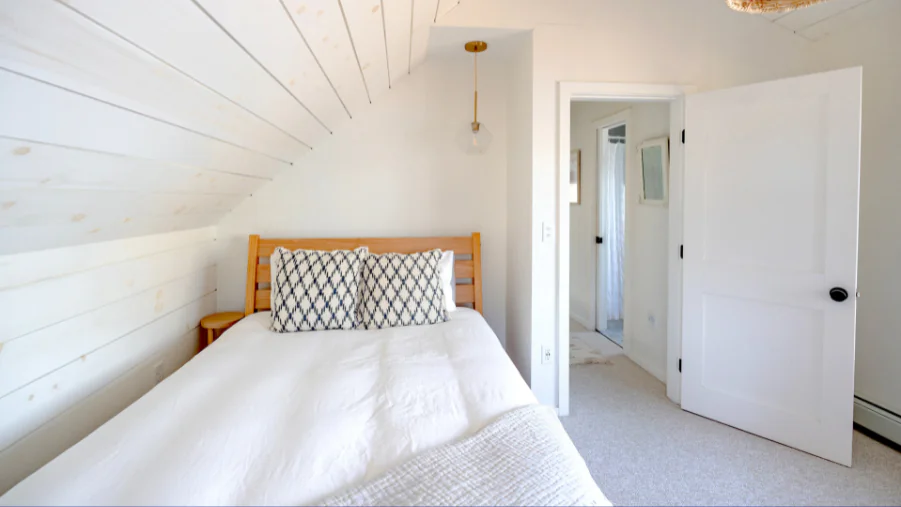Tuesday, 27 June 2023
Airbnb Tax in Ireland Explained
Are you an Airbnb host seeking clarity on the tax due on their Airbnb income regulations in Ireland? In this comprehensive guide, we will explain the tax implic...
Are you an Airbnb host seeking clarity on the tax due on their Airbnb income regulations in Ireland? In this comprehensive guide, we will explain the tax implications on your Airbnb income and provide you with a complete understanding of the requirements. From understanding how tax on your Airbnb income works in Ireland to filing tax returns accurately, we aim to simplify the complexities of tax on Airbnb income. As a leading accountancy firm based in Dublin, Ireland, we are committed to providing you with the knowledge and guidance you need to navigate the tax obligations associated with being an Airbnb host.
Tax on Airbnb Income in Ireland: What You Need to Know
As an Airbnb host in Ireland, it is important to be aware of the tax obligations associated with your income. The taxation of Airbnb earnings depends on several factors, including the nature of your property, the number of days rented, and the income generated. Understanding these key aspects will help you comply with tax regulations and ensure a smooth experience as an Airbnb host.

What tax return is due for filing as a result Airbnb Income in Ireland
Short term lettings are deemed trading income in Ireland. The amount of profit, after deduction of allowable expenses determines whether you are obliged to submit a Form 11 or not (i.e., full tax return). Calculating tax on your Airbnb income involves considering several factors. The income earned from Airbnb hosting is treated as trading income for tax purposes. Therefore, it is subject to income tax (up to 40%), USC (Universal Social Charge) (up to 11%), PRSI (Pay Related Social Insurance) (4%). Additionally, due to legislative changes, Airbnb now requests hosts to provide their PPS (Personal Public Service) numbers and the local property ID of the property being let out to enhance transparency and ensure proper reporting of income. This information is shared with the Irish Revenue Commissioners.
By accurately tracking your earnings, allowable expenses, and deductible allowances, and seeking professional tax accounting advice, you can navigate the complexities of tax on your Airbnb income while maximising your tax deductions.
Form 12:
If your Airbnb taxable profit is below €5,000 for the year, you can submit this information on a Form 12 for tax reporting purposes.Form 11:
If your Airbnb taxable profit is above €5,000 for the year, you are obliged to submit this information on a Form 11 for tax reporting purposes. Both of the above tax returns can be prepared and submitted online using Revenue’s Online Services (‘ROS’). The tax returns are due for submission to Revenue by 31 October each year in respect of the previous calendar year.
Airbnb Tax Returns and Reporting
Hosting one of the best Airbnb locations in Ireland is not enough, fulfilling your obligations as an Airbnb host involves filing tax returns and reporting your income to the Revenue Commissioners. It is crucial to understand the deadlines, forms, and reporting requirements specific to your situation. Seeking guidance from tax professionals can ensure accurate reporting and help you avoid penalties or unnecessary complications.
VAT Registration:
Airbnb hosts in Ireland may be eligible to register for Value Added Tax (VAT) but are not required to do so until their income exceeds or is likely to exceed €37,500 in a trading year. Short-term accommodation is subject to a VAT rate of 9% (set to increase back up to 13.5% on 1 September 2023).
Allowable Deductible Expenses:
As an Airbnb host in Ireland, you can deduct certain allowable expenses from your Airbnb income to reduce your taxable profit. Allowable deductible expenses may include, but are not limited to:
- Airbnb insurance premiums
- Repairs, maintenance, and cleaning costs
- The cost of goods or services provided by you – e.g., gas, electricity etc.
- Property management fees
- Advertising fees or online commission payments
- Pre-trading expenditure incurred (up to three years before the commencement of the trade)
Compliance and Record-Keeping
Maintaining proper records is essential for Airbnb hosts in Ireland. It is recommended to keep a detailed record of your rental activity, income, expenses, and relevant documentation. This includes records of bookings, receipts, invoices, and proof of expenses. Organised record-keeping will facilitate accurate tax reporting and serve as evidence in case of any Revenue audits or inquiries. It may be a good idea to consider outsourcing your bookkeeping services to a professional.

Navigating and understanding your tax obligations on your Airbnb income in Ireland can seem daunting, but with the right knowledge and guidance, it can be manageable. Understanding your tax obligations, tracking your income and expenses, and seeking professional advice are crucial steps for compliance. For more information and answers to frequently asked questions, visit Airbnb.ie. At Cronin & Co accountancy firm, we are here to support you in managing your Airbnb tax obligations effectively. Contact us today for expert assistance and ensure a smooth and successful Airbnb hosting experience.
In collaboration with EverBold Marketing.




